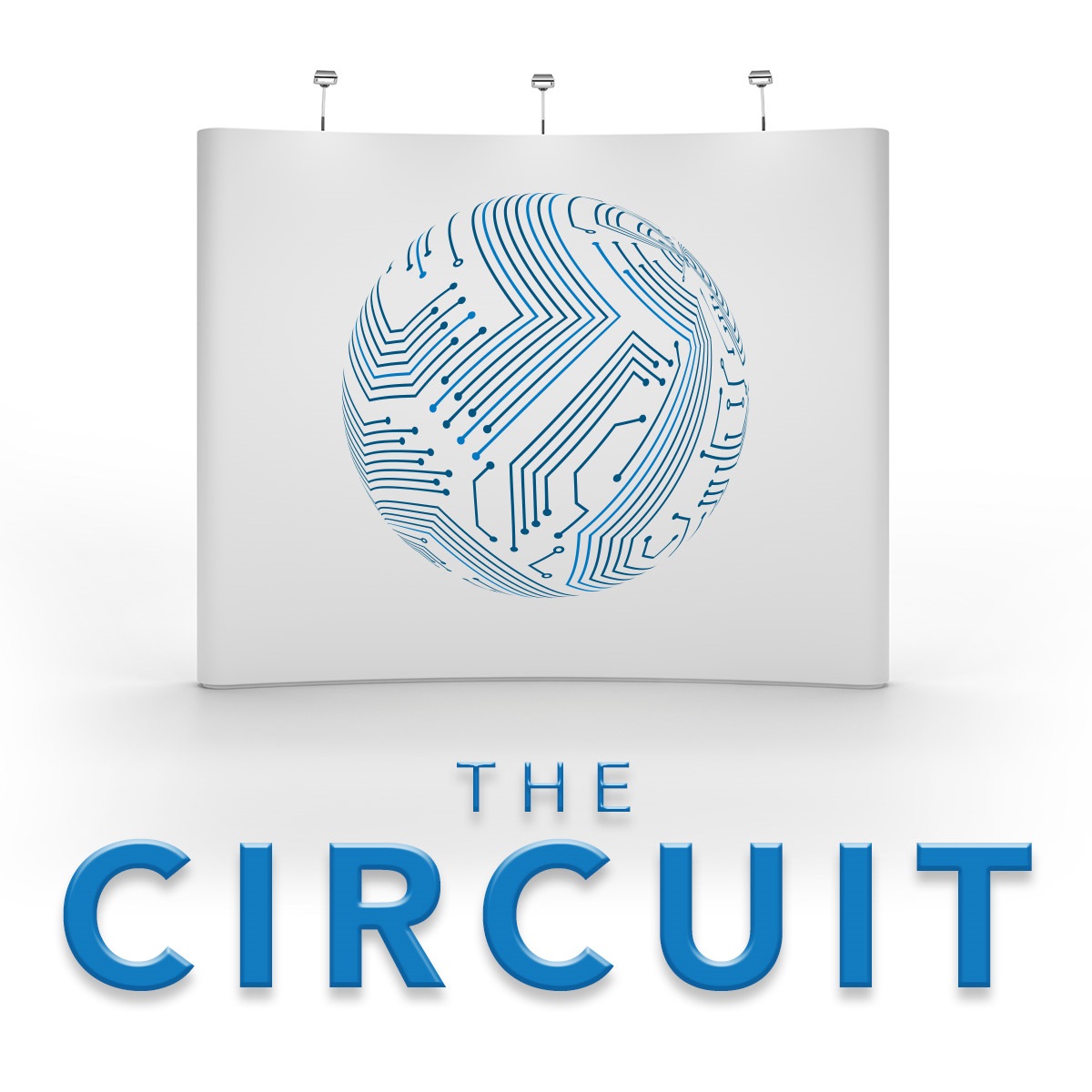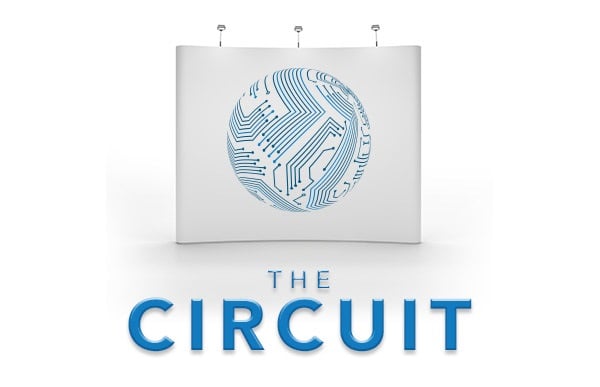
The Circuit: ReInventing Dan Katz & Thanksgiving
A review of upcoming legal technology conferences this November. Will we see you there?

A review of upcoming legal technology conferences this November. Will we see you there?

Whether it be in D.C., Philly or Chicago, you have three grand slams for good education on legal technology!

Share your insights in this brief survey.

Technology columnist Monica Bay's monthly round-up of upcoming events -- with some decidedly cranky commentary.

Please welcome Above the Law's newest legal technology columnist, Monica Bay, who today tackles Legaltech New York -- love it or dread it, it's a must-attend annual ritual.

The Southern District of New York provides a model for other courts to follow.

* The Dukes of Hazzard and Braveheart cited in the Eleventh Circuit. Other circuits, the gauntlet has been thrown down. [Volokh Conspiracy] * Dave’s not here, man. Probably not the smartest stoner on the planet. [Lowering the Bar] * Former Skadden attorney loses her appeal claiming that insomnia constituted a disability. It’s a setback for her, but nothing worth losing sleep over. [National Law Journal] * The Second Circuit agreed with every other court that heard the motion and denied the effort to recuse Magistrate Judge Peck from the Da Silva Moore predictive coding case. [IT-Lex] * Maybe it’s time for law professors to get off their duffs and try helping out their unemployed students directly. [Concurring Opinions] * Judge Easterbrook allows a $25K student-loan discharge for a ‘destitute’ paralegal. The educational-industrial complex is not going to sit still for this. [ABA Journal] * Saira Rao, of Chambermaid (affiliate link) fame, has a new publishing venture — check it out. [Kickstarter] * Oh, BARBRI. What’s the Matter with Kansas, indeed (after the jump)…. * Posted previously on Facebook (now pulled):

Discover five practical ways to harness AI and eliminate busywork—so you can focus more on your clients and less on repetitive tasks.

The back and forth over predictive coding continues.…

Advocates for predictive coding break through another roadblock, as a federal judge shoots down another objection to the technology…

Is acceptance of predictive coding starting to snowball in the judicial system?

One of the parties in Da Silva Moore v. Publicis Group, the first federal case in which a judge approved protective coding, has requested that Judge Andrew Peck, who made the order, recuse himself. What is the basis for the recusal request?

Legal expertise alone isn’t enough. Today’s most successful firms invest in developing the skills that drive collaboration, leadership, and business growth. Our on-demand, customizable training modules deliver practical, high-impact learning for attorneys and staff—when and where they need it.

Counsel no longer have to worry about being the "first" or "guinea pig" for judicial acceptance of computer-assisted review....

Just a few weeks ago, Magistrate Judge Andrew Peck (S.D.N.Y.) spoke to several hundred people at LegalTech New York about the importance of predictive coding for the future of electronic discovery. He expressed his hope that a federal court would, sooner rather than later, officially encourage using the technology in a case. Shortly after participating […]

LegalTech New York finished up earlier this week. I survived with only a minor case of technology loop, although my iPhone was begging for mercy by the end. The conference was frenetic, to say the least. There was a lot going on, regarding a cornucopia of technological topics and tools to help lawyers. As expected, […]

Keyword searching is absolutely terrible, in terms of statistical responsiveness. — Magistrate Judge Andrew Peck (S.D.N.Y.), in a panel today at the LegalTech conference. He spoke alongside Wachtell Lipton counsel Maura Grossman and Jackson Lewis partner Ralph Losey, on a panel that aimed to demystify cutting-edge, computer-assisted e-discovery technology. Peck is a vocal proponent of […]